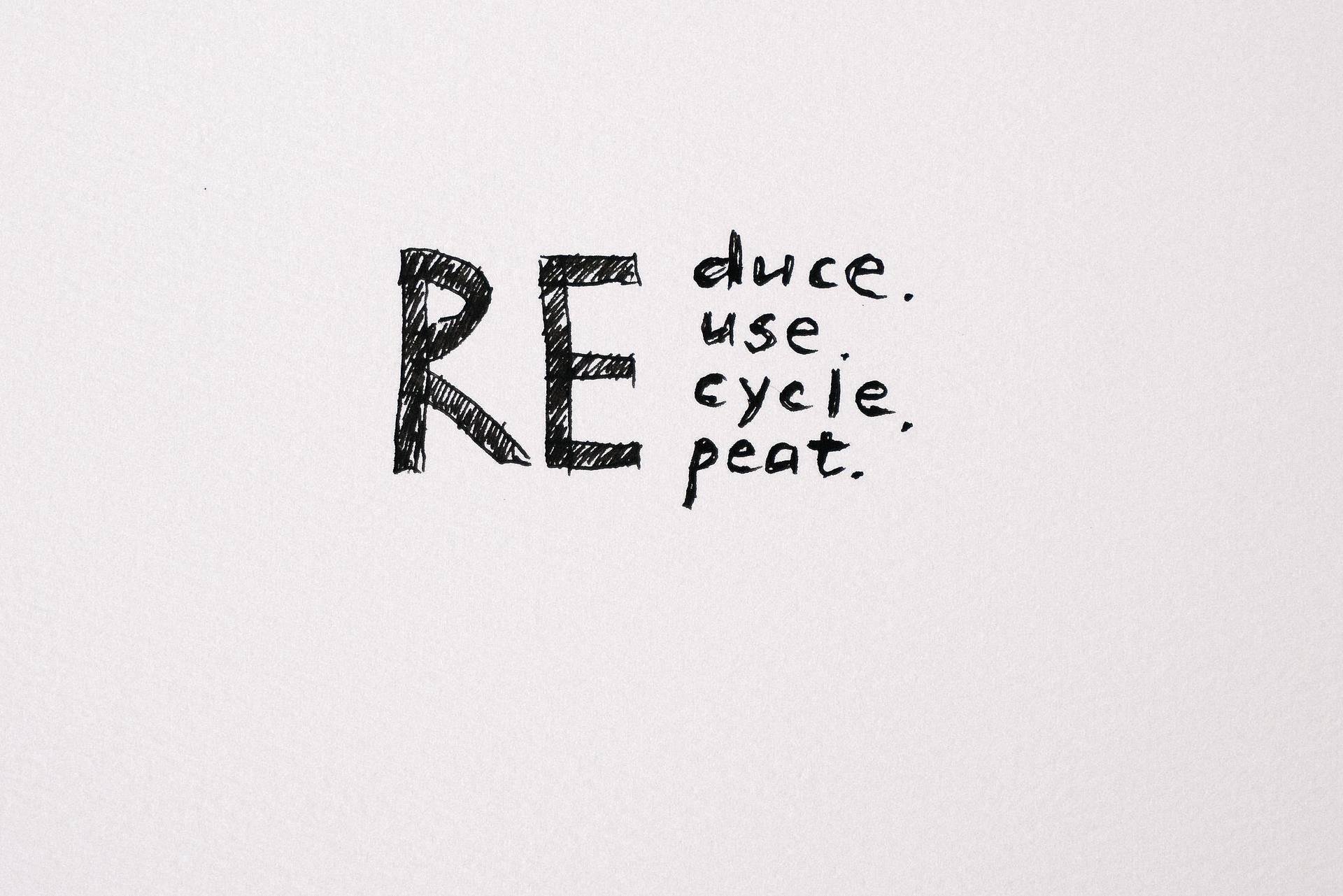Circular Economy
Organization
- Semester: Winter Semester 2023/2024
- Degree programs: cf. the corresponding Bachelor's degree program lists (also under the old name)
- Scope: 2 SWS/ 3 CPs
- Examination: presentation(s), term paper
- Material: own laptop/tablet is to be brought along
- Dates: 07.12.2023 and 08.12.2023
- Time: 9:30a.m. -5:30p.m.
- Rooms: To be announced
- Registration: Registration for the key competence is possible until 31 October 2023 by mail to franziska.janz(at)uni-saarland.de. To register, please provide us with your name, matriculation number, degree program and semester. Please note that there are only 20 places available for this event.
- Contact person: Franziska Janz (franziska.janz(at)uni-saarland.de); Slawka Jordanow (slawka.jordanow(at)uni-saarland.de)
- Please note that the course will be held in German.
The term circular economy refers to the transition from a previously linear economy to a circular economy in which resource use, waste production, emissions and energy waste are minimized by slowing down, reducing and closing energy and material cycles. A low-emission, resource-efficient and sustainable economy is also becoming increasingly important for start-ups and companies. Awareness of resource scarcity and the growing importance of climate protection are changing consumer behavior in the long term and thus also market demand. Business models and processes must be rethought to optimize material cycles in a world with limited resources and redesigned in the spirit of sustainability and circularity. This global challenge requires business economists who bring new impulses as well as changes to existing systems with innovative ideas and an awareness of circular processes.
Content Overview
- Presentation and elaboration of selected topics in the field of sustainable circular economy
- Fundamentals of business model development with a focus on circularity
- Identify a relevant entrepreneurial opportunity and create a circular business model
Test performance
To successfully pass the course, students must be present throughout the module and actively participate in group work / presentations of results. In addition, as part of the examination performance, students must submit a short written term paper that demonstrates and explains a developed business model in the context of the circular economy.
Learning Goals
After attending the key competence "Circular Economy", students will be able to identify current developments, challenges and potentials in the context of circular economy. Furthermore, students will learn to develop innovative solutions, in particular new business models, which are in line with the circular economy approach.
Students are introduced to the topic of the circular economy in a theory- and practice-based manner and deal intensively with best practice examples. Ater that, they will learn methods for business model development and possible forms of visualization. Based on this, participants will develop innovative and circular business models with the help of guided techniques. Within this process, students are actively supported, receive feedback and new impulses.


